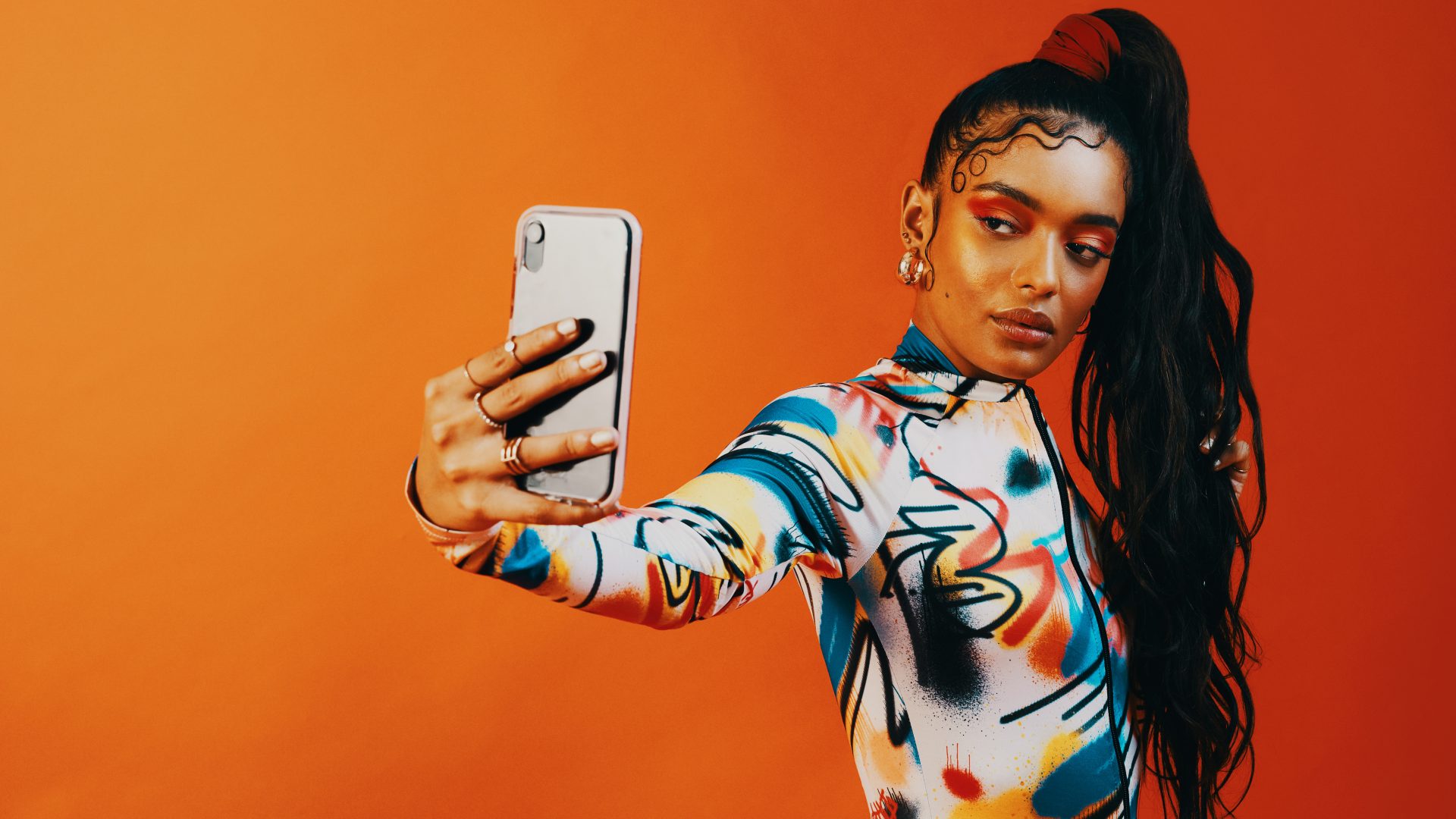
Given the strides made by changemakers like Rihanna in promoting diversity and inclusion, one would expect more respect for Black women in the beauty industry. We are the originators and trendsetters behind many hairstyles, makeup hacks, and practices at the forefront today—from Donyale Luna’s iconic acrylic nails, which marked the first time a Black woman graced the cover of Vogue in 1966, to Aaliyah’s signature winged eyeliner. However, some trends have emerged that are offensive, such as the “I Can’t Breathe” fad in 2020. The latest addition to this troubling trend? “Ghetto makeup.”
This viral tutorial recently emerged on TikTok, propelled by the platform’s AI algorithms. Users and creators have expressed disapproval of the trend, which primarily features Black girls doing their makeup, especially darker-skinned individuals. Search results also show white girls participating, using bronzers and products significantly darker than their natural skin tones. This situation raises concerns about TikTok’s ability to be a safe space for creators of all races. In a video addressing the trend, model and makeup artist Bria Jewell poignantly asked, “So anything Black women do is ghetto?”
Sky Solomon, another creator involved in the conversation, originally intended to highlight her unconventional makeup routine. During her early days as a creator, she filmed a video in which her Fenty foundation bottle broke, leading her to pour the remaining product into a cup and continue using it. While some viewers criticized her, labeling it “ghetto,” others supported her decision to adapt and use the product in a different form, noting it made them feel more comfortable with their own routines. The term’s resurgence, potentially influenced by TikTok’s algorithm, raises the question of whether it is acceptable, but that does not justify its use.
For decades, African Americans have been unfairly stereotyped by the term “ghetto,” making its use as a makeup trend problematic. Historically, the term originated in 1516 for the Venetian Ghetto, describing where Jewish people were forced to live, and later during the Holocaust. In modern society, “ghetto” often refers to areas of cities dominated by minority groups, particularly Black people, as a consequence of systemic political and social decisions. The term stems from a hateful mindset that perpetuates racism and segregation, which is why it should be off-limits in any trend.
TikTok has previously been transparent about its use of AI tools like ChatGPT for generating search highlights. While this is not inherently problematic, these technological tools often reflect the biases of their creators. Highlights are based on user interests and questions, making the popularity of “ghetto makeup” even more troubling. It only takes one user prioritized by the app’s algorithm to search for something that becomes popular, highlighting a disturbing reality: a Black woman doing her makeup is somehow deemed unacceptable.
While it remains unclear whose search history initiated the obsession with “ghetto makeup,” the trend underscores a crucial point that society needs to grasp: either respect our culture or leave it alone.